Fear of the dentist: what is dental phobia and dental anxiety?
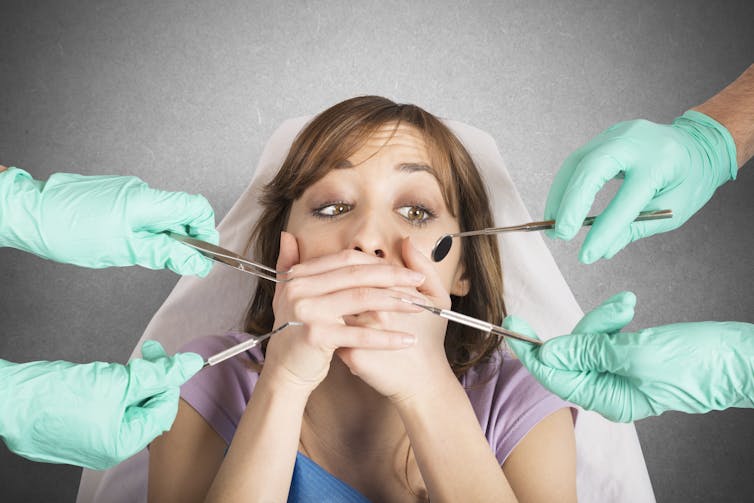
It’s fair to say going to the dentists is few people’s favourite thing to do. In fact, over 45% of British people say they get anxious about a visit to the dentist and almost 12% have such high levels of anxiety that they would avoid a visit for a long time unless it was an emergency. For these people – who can be considered to have a dentist phobia – even just the thought of a visit can lead to horrifying feelings and sleepless nights.
Our previous research has found that people with dental phobia tend to have poorer oral health and more holes (cavities) in their teeth. This can be down to missed dental appointments, poor oral hygiene and tooth brushing habits. That, in combination with smoking, which causes gum disease, and high sugar consumption, which causes large holes.
Poor oral health can affect people’s lives in many ways – especially when they are eating, speaking and smiling. Problems with teeth can prevent people from opening their mouth in social situations and broken or missing teeth can also make eating and chewing difficult. But despite this, many people with a phobia will wait until their toothache has become unbearable, before they visit a dentist.
A vicious cycle
In these situations, where a patient has put off going to the dentist for a long time, it is more likely that when they do eventually see someone, they will need complex treatment – such as a root canal, crowns, or surgical extraction (tooth removal). This is because if a hole is left untreated, the decay can advance by breaking down more tooth material – exposing the nerve within the tooth – and that in turn can become infected.

As the decay progresses the tooth can break down so extensively – sometimes under the gum level – which makes the extraction more challenging. For the patient, this often means more chance of pain after extraction and longer time spent in the dentist’s chair.
Of course any treatment for people with a dental phobia can be anxiety inducing, but complex dental work that requires a longer time spent in a dental chair and sometimes multiple visits, can be terrifying.
Need to be sedated
Another issue in all of this is that some patients with dental phobia, can only have dental treatment if conscious sedation is offered. This can be provided by dentists who have the experience and training in providing this type of sedation. Gas and air (laughing gas) or sedative drugs such as midazolam can help patients feel more relaxed and calmer during dental procedures. For some other cases, patients can be referred for a general anaesthetic – but this needs to be done in a hospital.
But that said, specialist practices and the dentists that treat people with dental phobias on the NHS – and so are able to offer longer appointment slots – often have a long waiting list. This can leave patients in a difficult situation if they are having dental problems and are in a lot of pain, but feel too scared to go through with standardised treatment.
Other ways to help patients
One option that certain hospitals and practices are using is cognitive behavioural therapy (CBT) to help patients overcome their dental phobia. A previous study at King’s college London found that CBT was highly effective for patients with a dental phobia – enabling them to overcome their fear of visiting the dentist and even allowing them to receive treatment without sedation.
Something we are also looking into for these patients, is offering more tailored advice on oral hygiene practises – such as better brushing technique and guidance on quitting smoking. The hope is that being armed with more knowledge will help these patients feel more confident in their oral hygiene, which should help to prevent further disease – and reduce anxiety associated with any dental visits.
Ultimately, any phobia can be difficult to manage, but when it’s a phobia that affects your day-to-day health and quality of life, the effects can be devastating. So given the fact that research shows some phobias can run in families, it’s clear this isn’t just about helping the patients of today, but also about helping the patients of tomorrow.![]()
Ellie Heidari, Senior Specialist Clinical Teacher at King’s College London Dental Institute, King’s College London
This article is republished from The Conversation under a Creative Commons license. Read the original article.

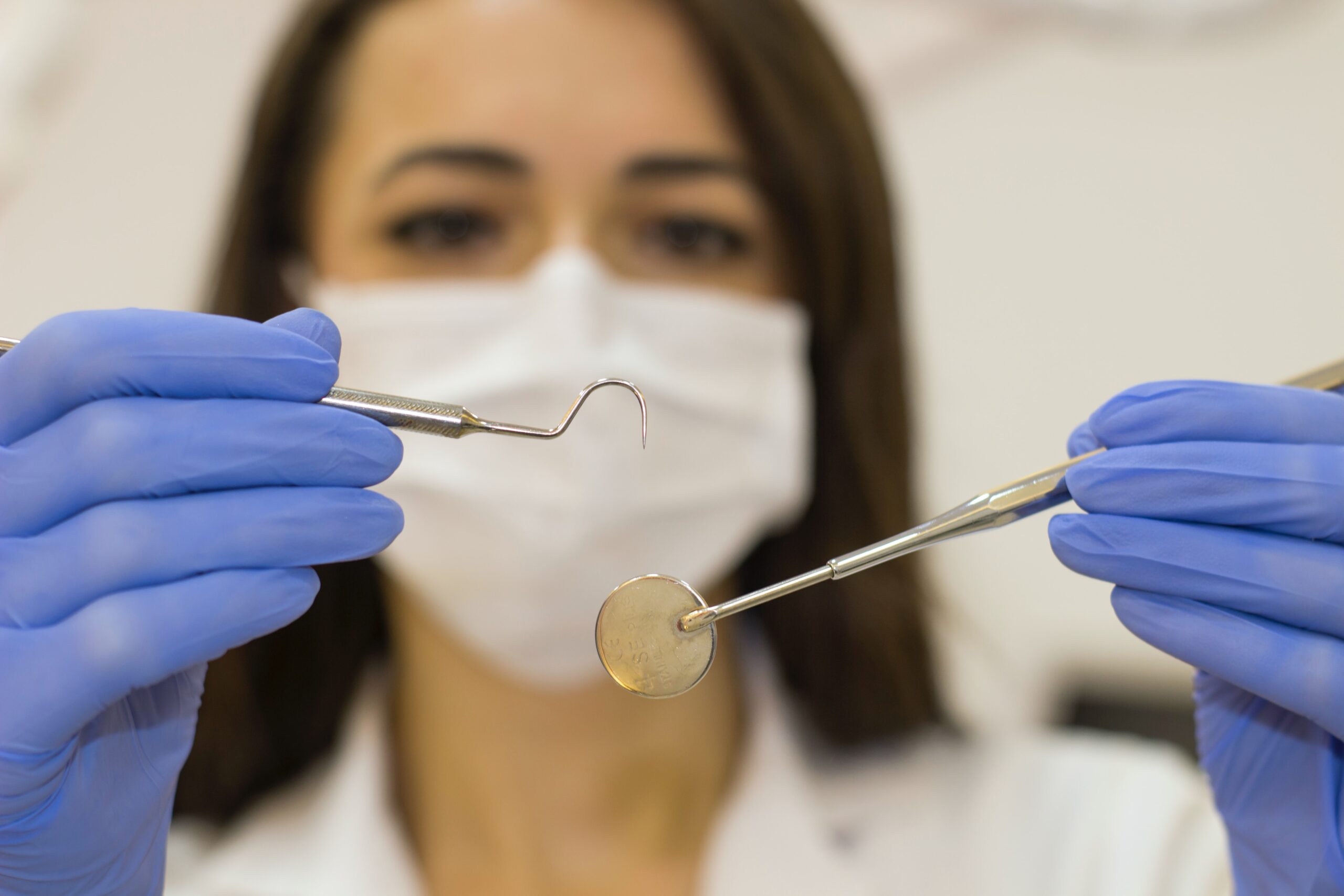
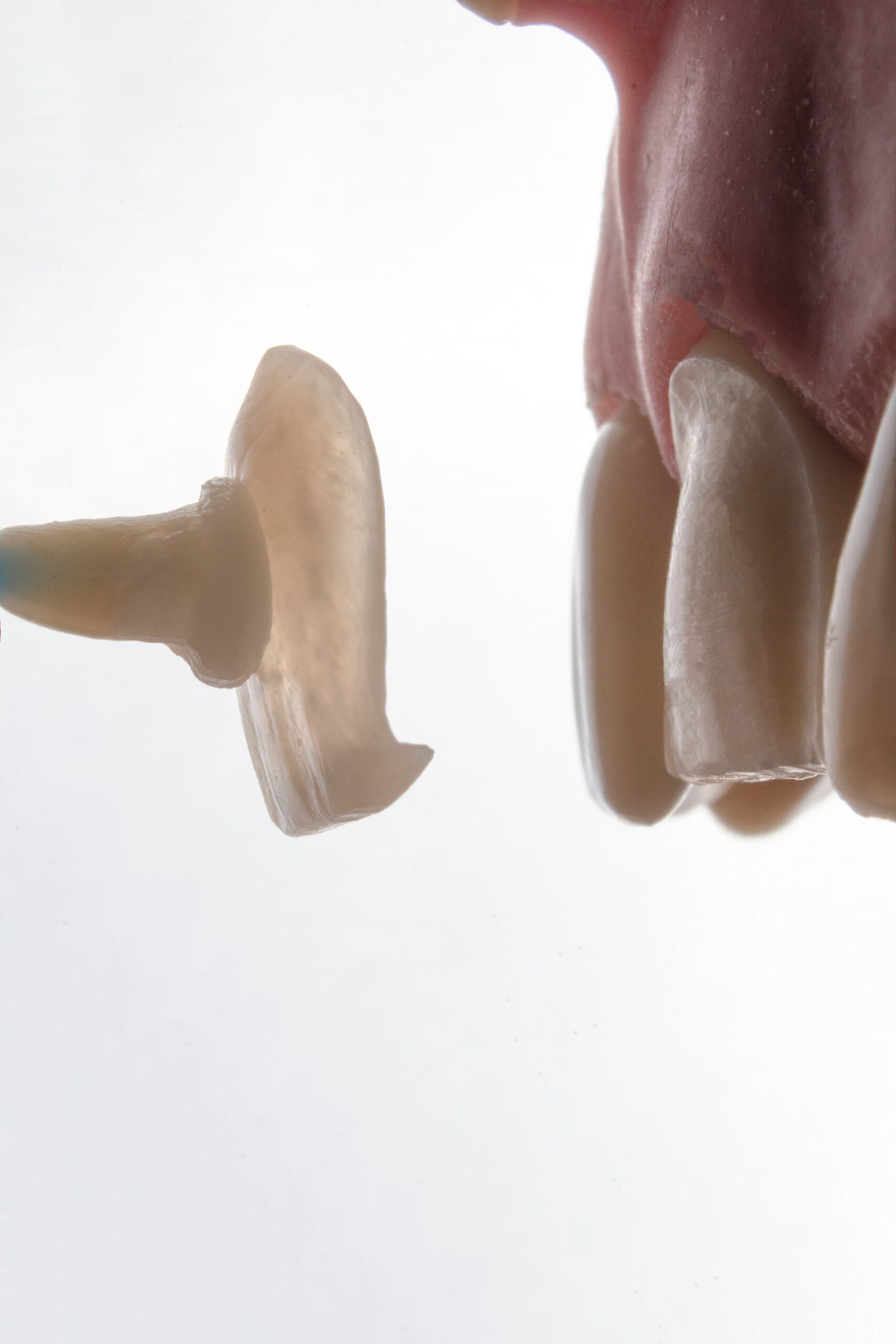

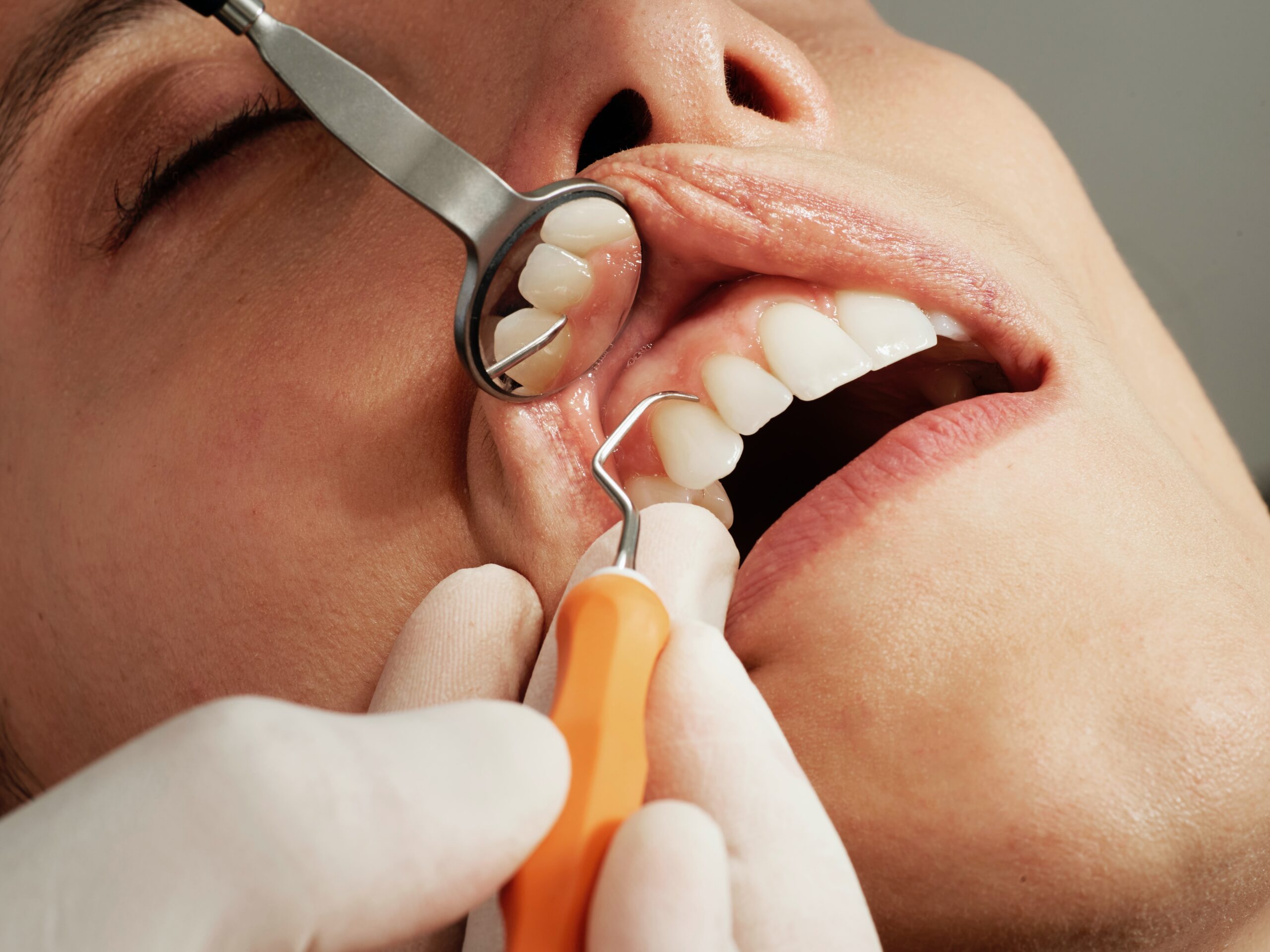
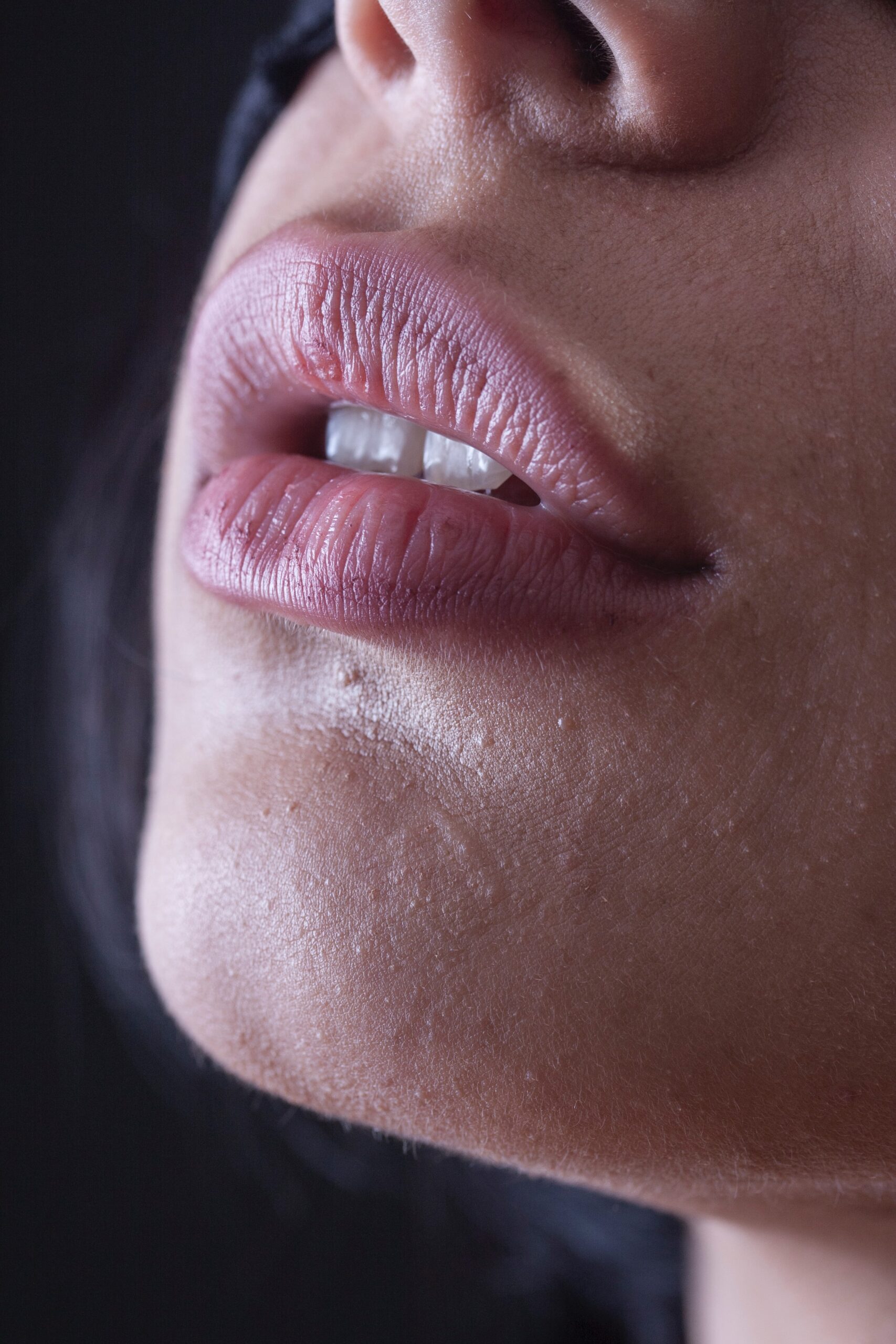
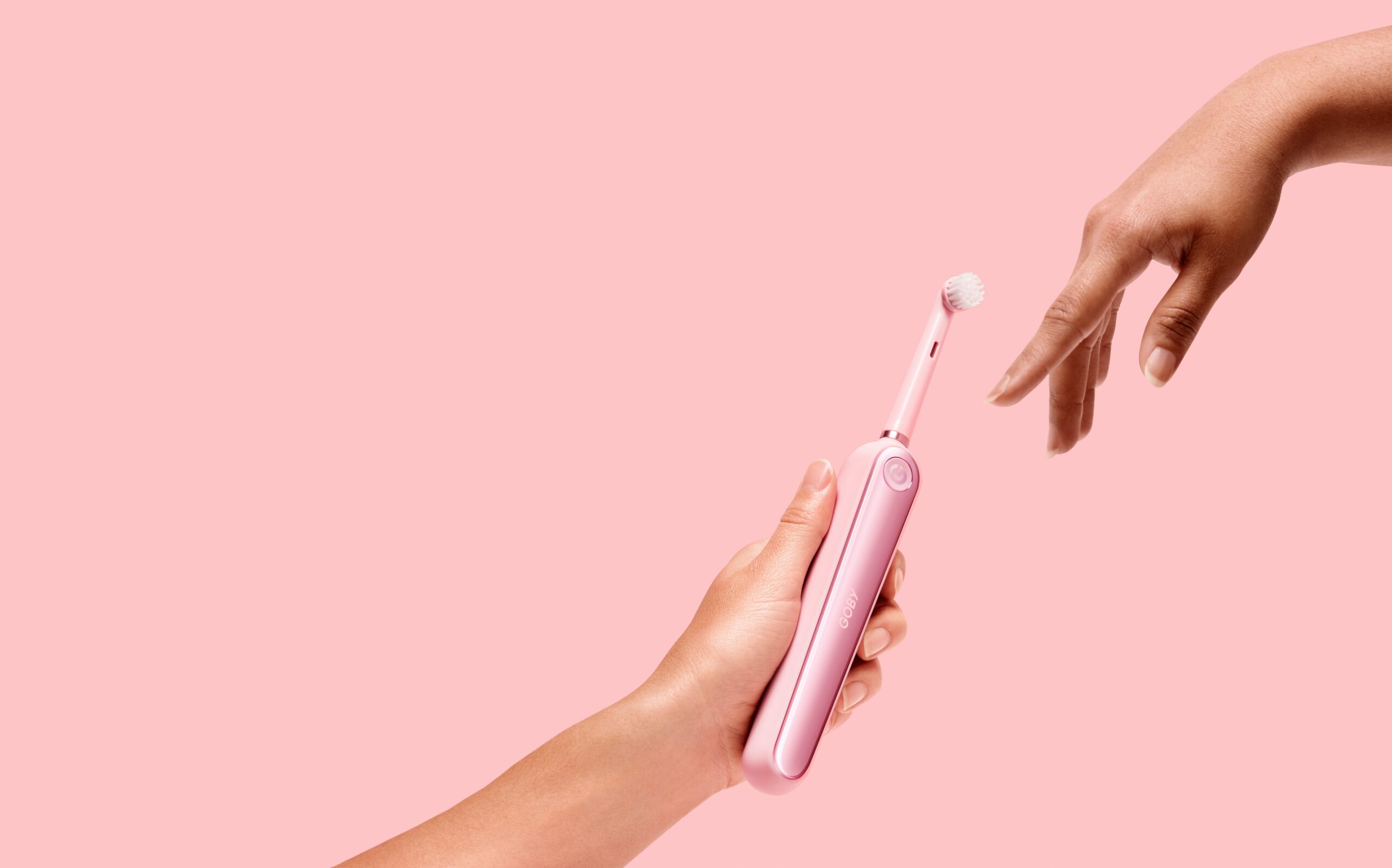
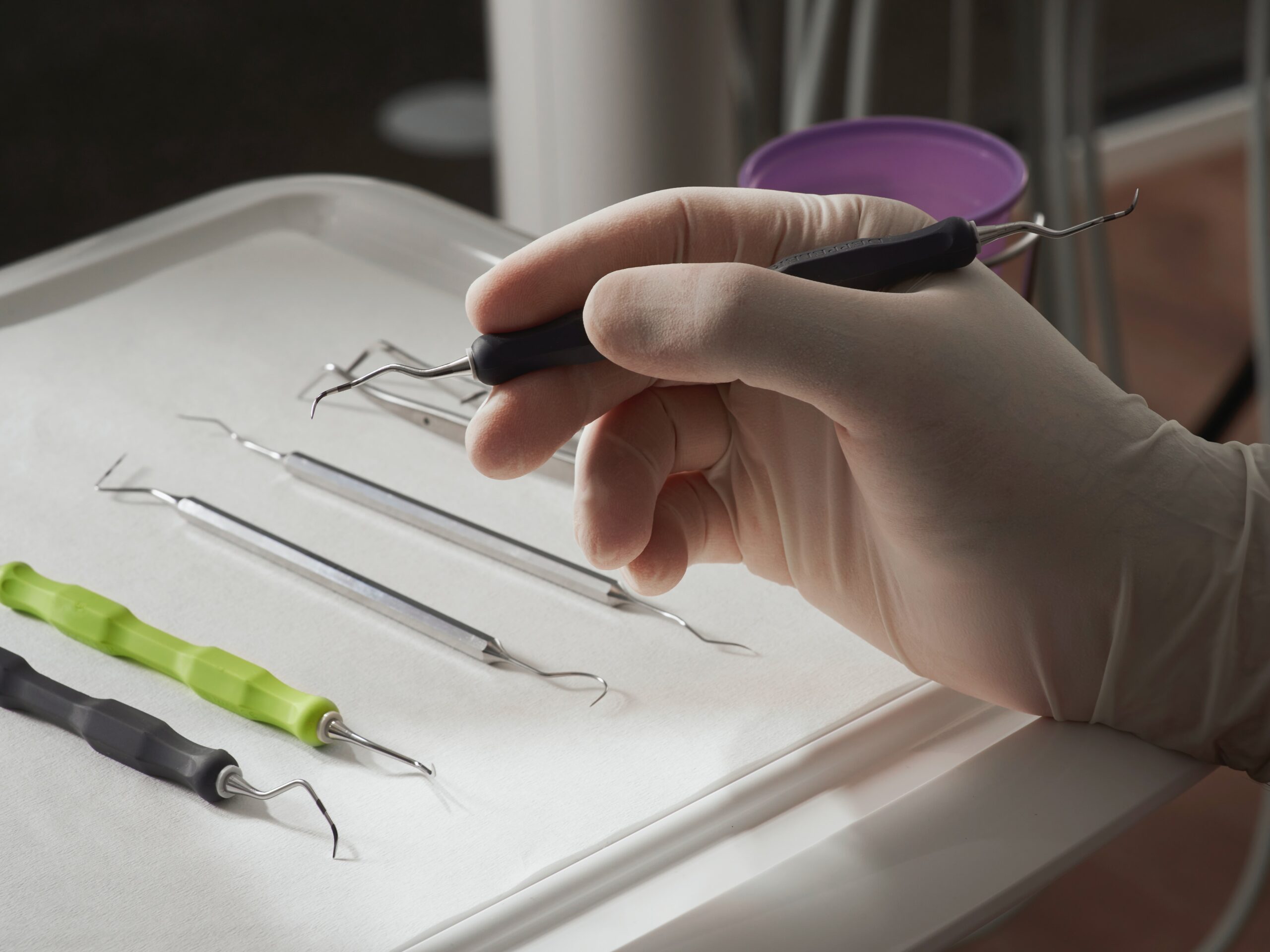
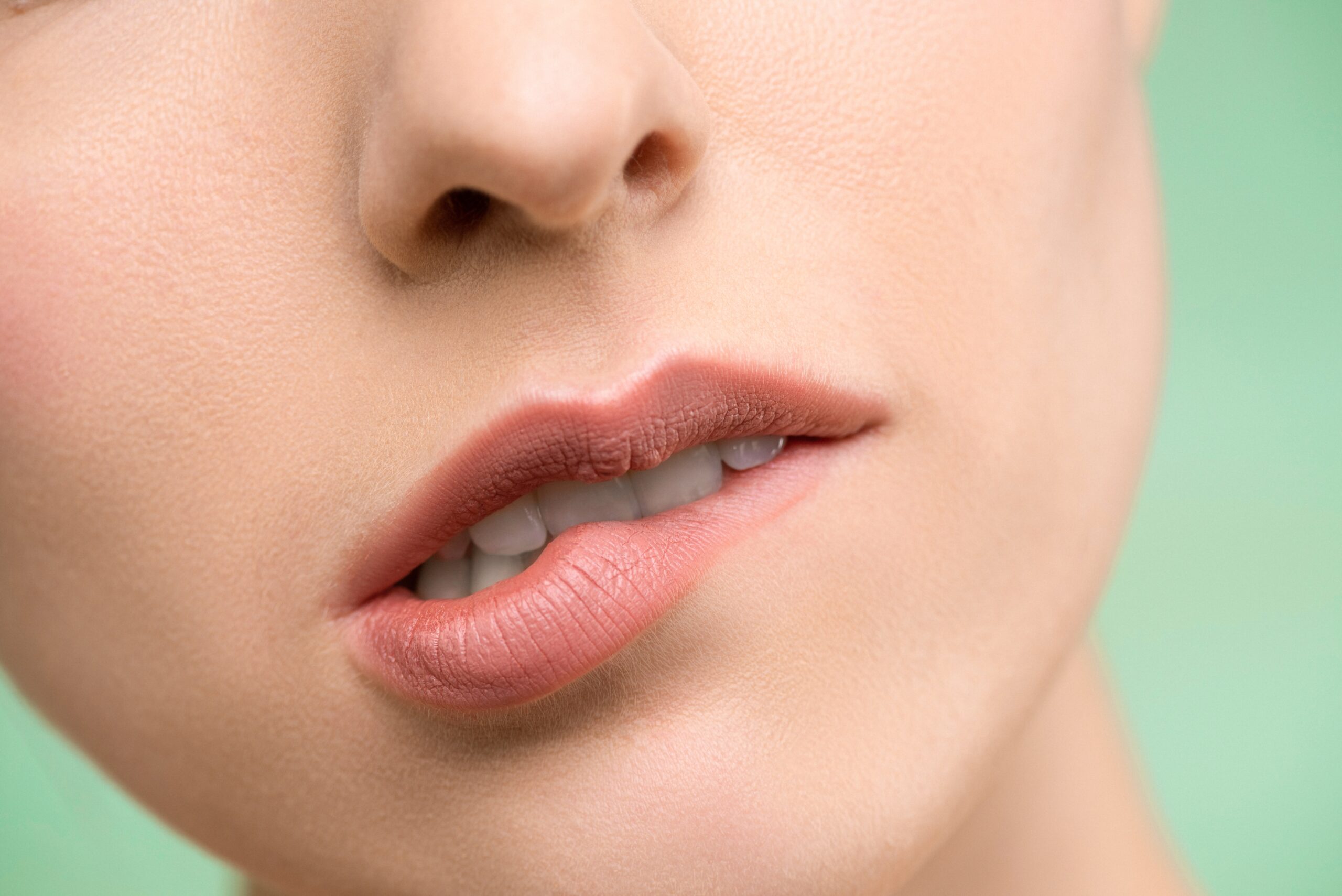
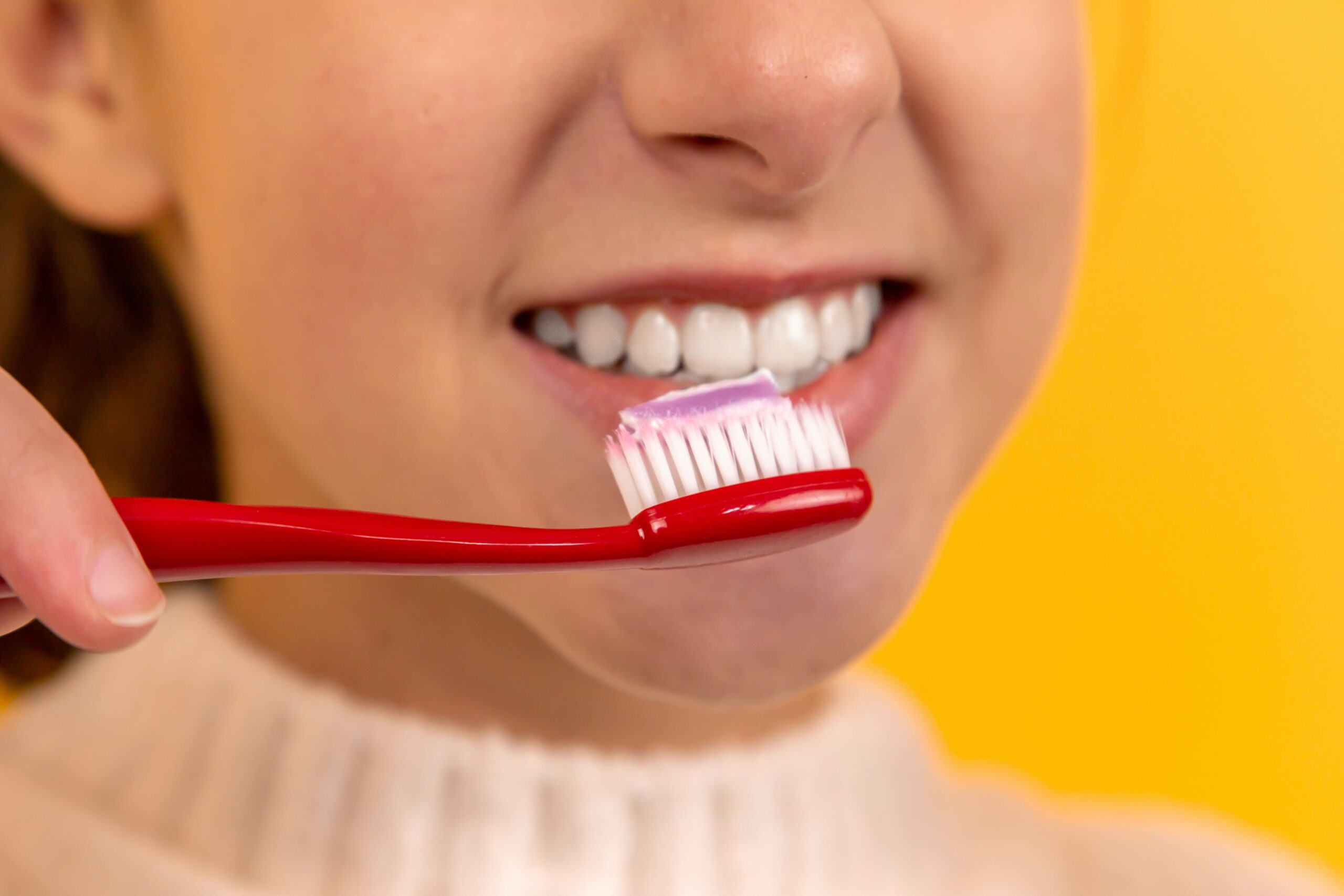
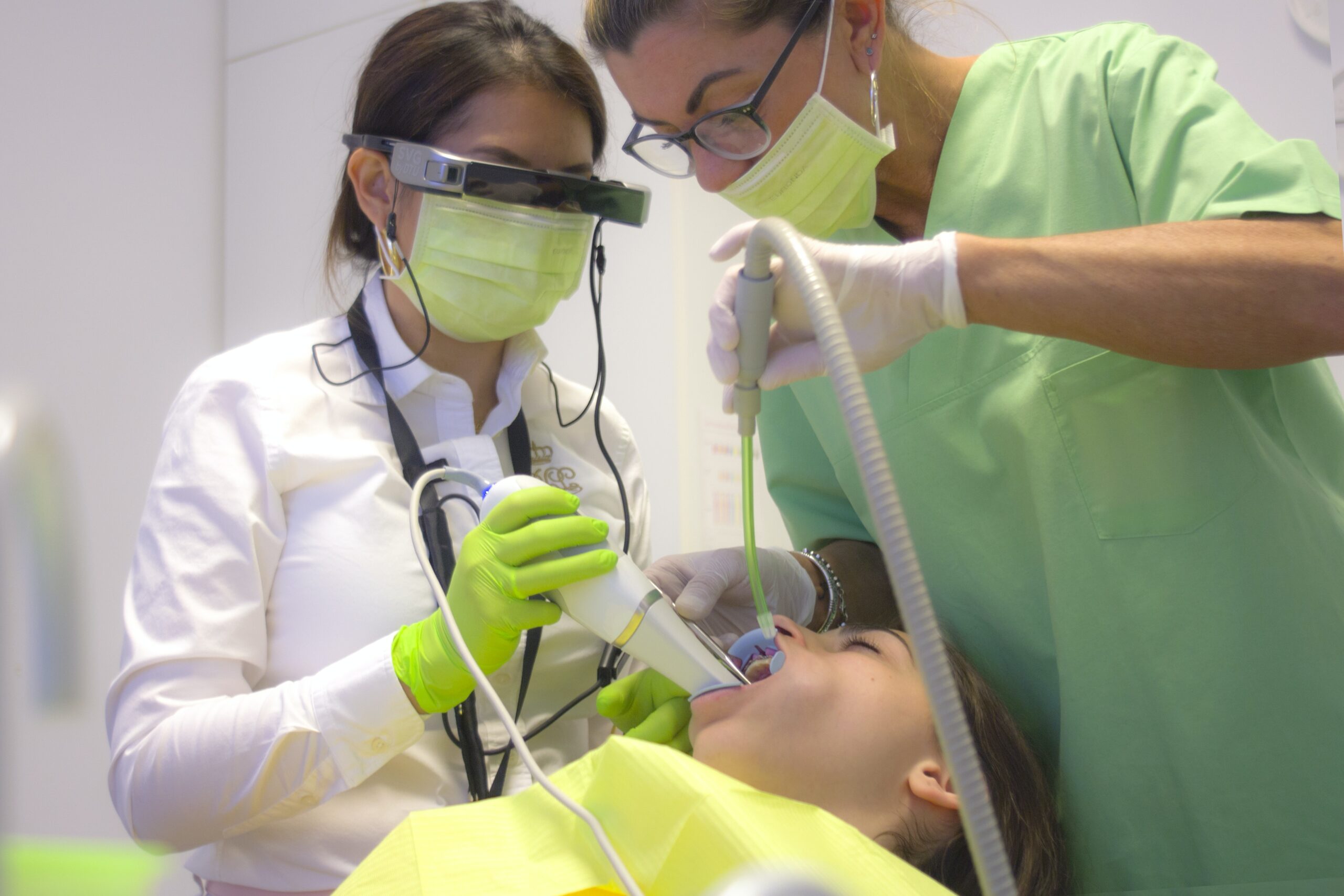
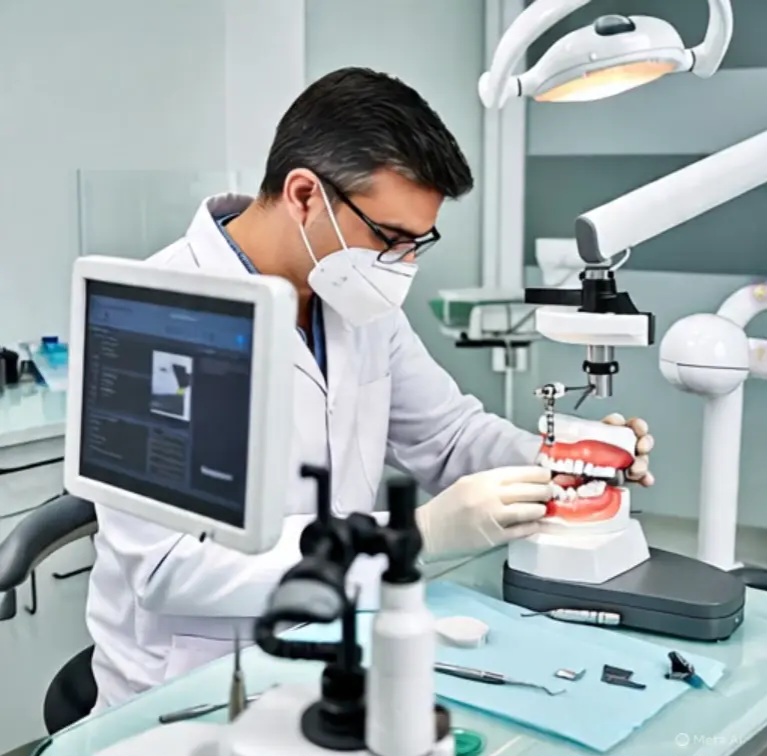

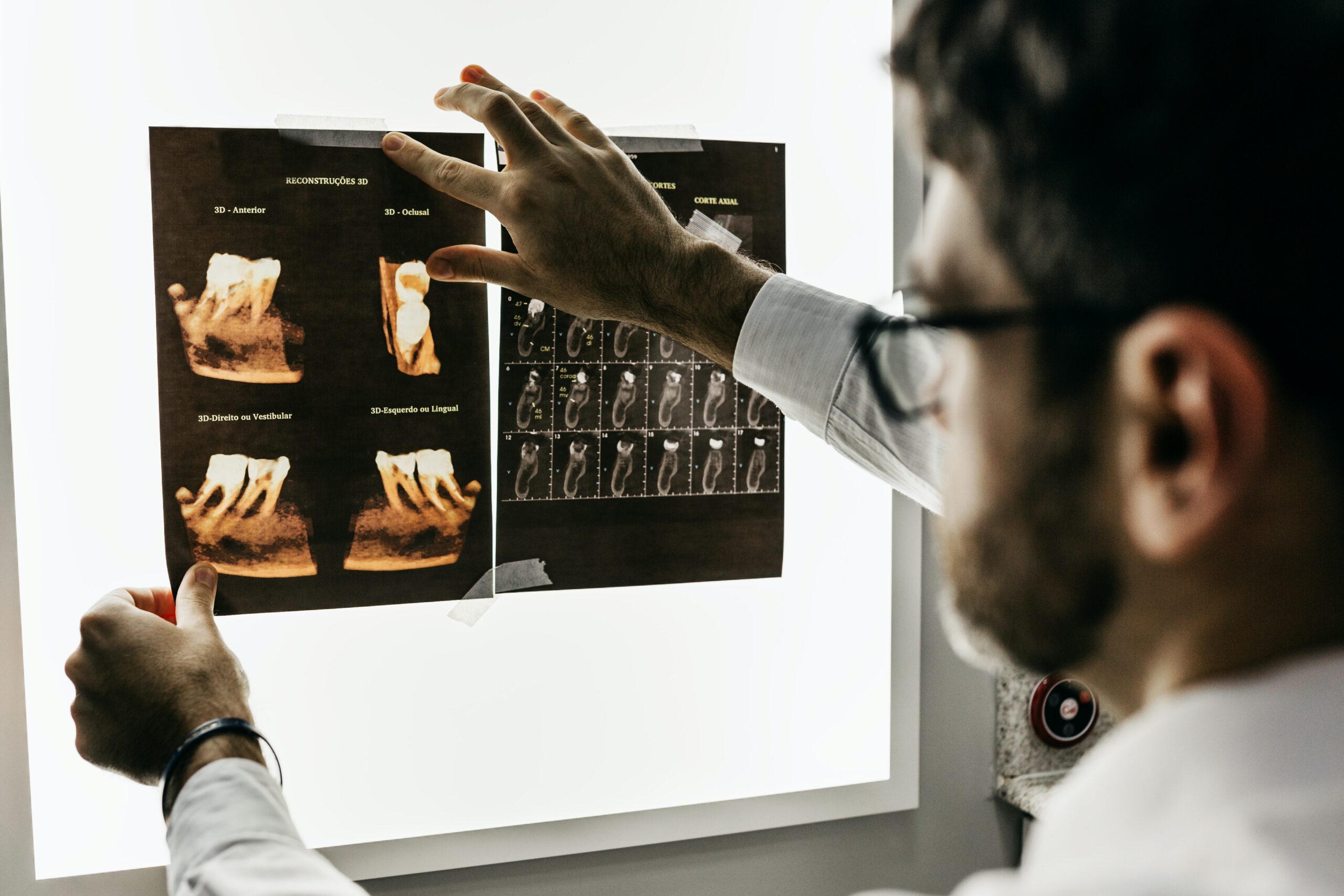

Leave a Reply